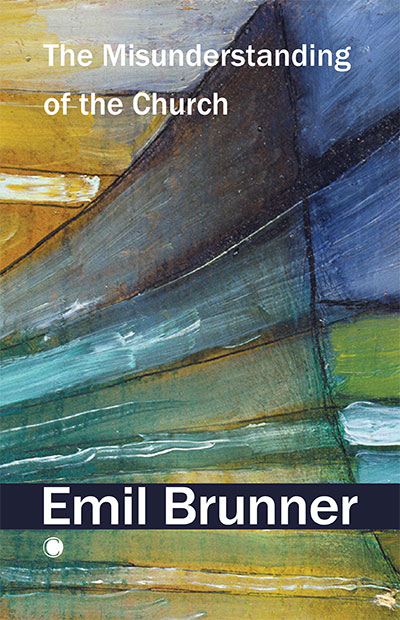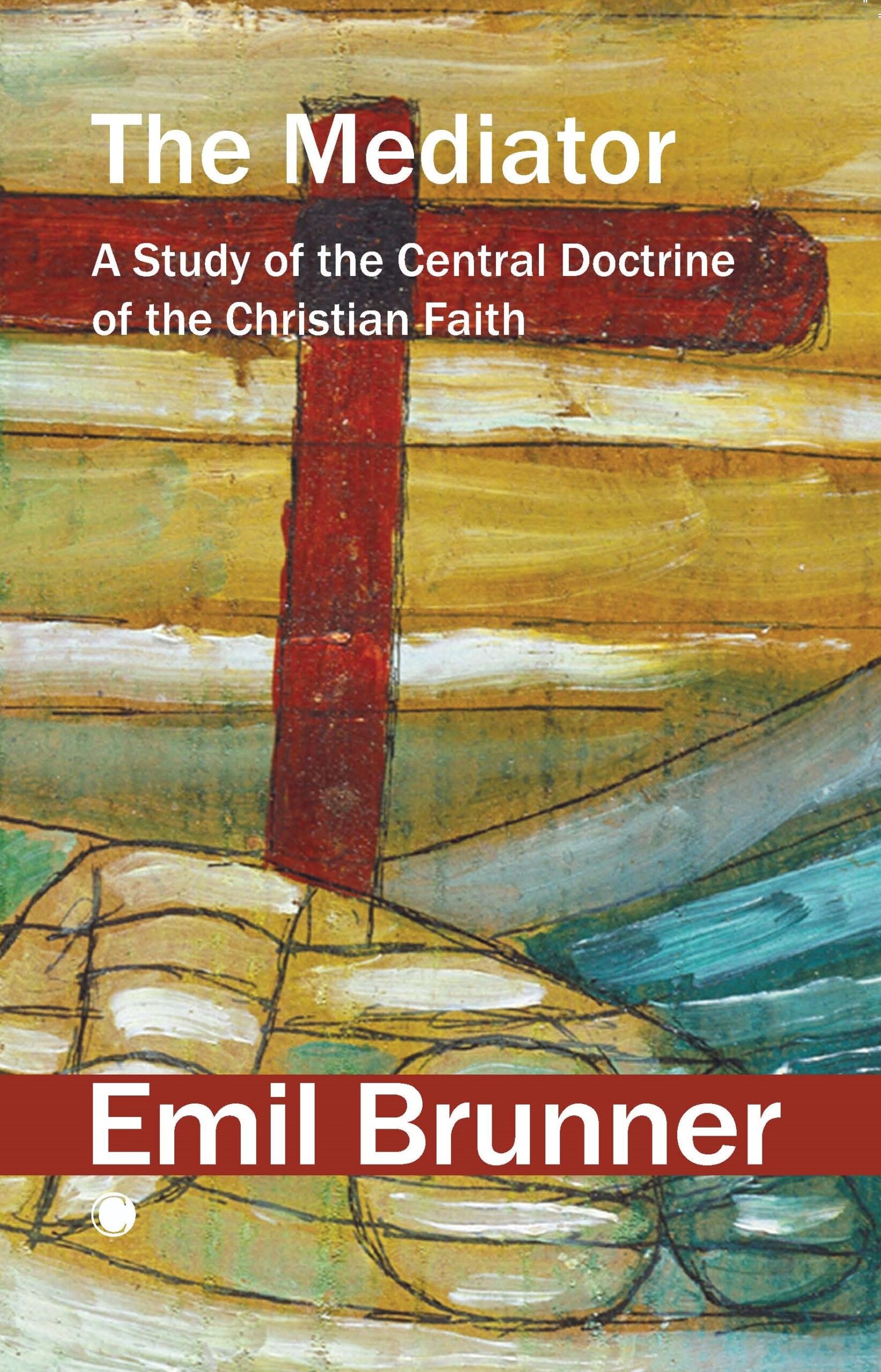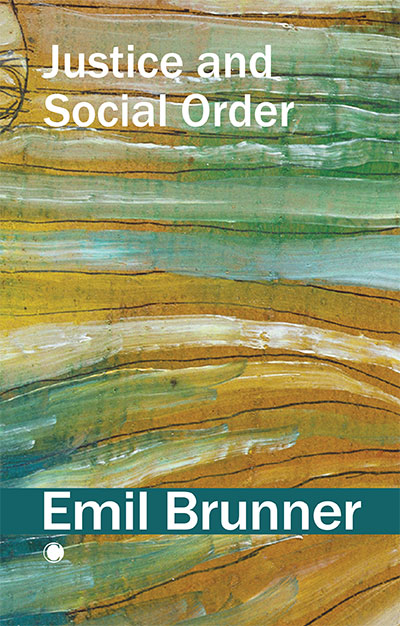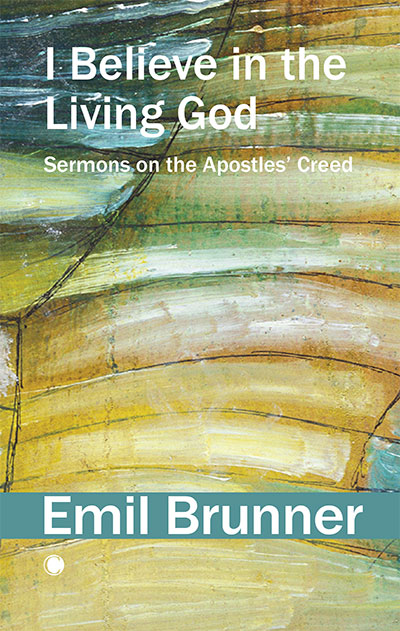Description
‘What is the Church?’ questions Emil Brunner in his preface. Within Protestantism, it has never been clear how the Church, in the sense of spiritual life and faith, is related to the institutions conventionally called churches. In contrast, Brunner believes, The Roman Catholic Church has a subtly different problem: it has no response to the question of how the phenomenon visible in the New Testament as the Ecclesia is to be related to the papal Church.
In The Misunderstanding of the Church, Brunner finds an answer to the ambiguous and nebulous nature of Church and ‘churches’, interrogating its disharmony by using the conclusions of New Testament research to contextualise the problem of the Church when confronted. With its contribution to the ecumenical discussion, The Misunderstanding of the Church reflects Brunner’s desire to uncover why a real solution of the Church has not been found.
About the Author
Emil Brunner (1889-1966) was one of the leading theologians of the twentieth century, and helped pave the course of modern Protestant theology. He was Professor of Systematic and Practical Theology at the University of Zürich and lectured around the world. His extensive writings published by James Clarke & Co. include I Believe in the Living God and Dogmatics.
Contents
Preface
Chapter 1. The Super natural Christian Community and
the Problem of the Church
Chapter 2. The Historical Origin of the “Ecclesia”
Chapter 3. The Apostles and the Fellowship
Chapter 4. The Christian Fellowship and Tradition
Chapter 5. The Christian Fellowship and the Holy Spirit
Chapter 6. The Christian Community in its Messianic Eschatological Character
Chapter 7. Divine Service, the Life of the “Ecclesia”
Chapter 8. The Starting Point of Ecclesiastical Development
Chapter 9. The Christian Fellowship and the Rise of the Church
Chapter 10. The Christ-Community and the Churches of History
Chapter 11. The Task before the Churches – to Serve The Growth of the “Ecclesia”
Chapter 12. The Summing- Up; Outlook for the Future
Notes





